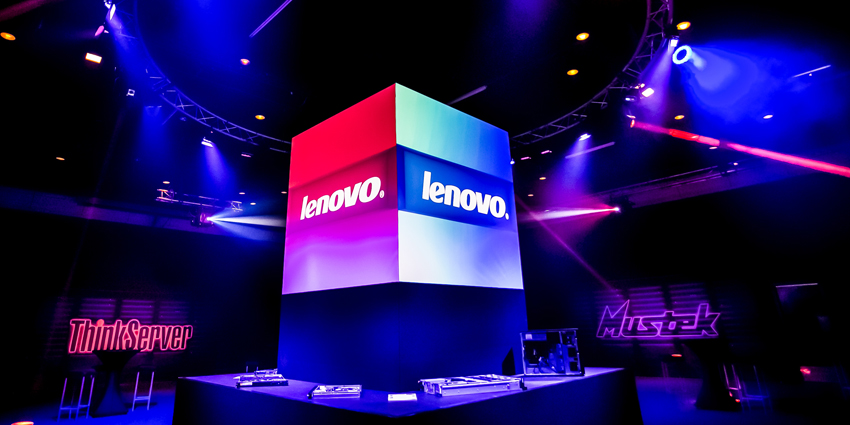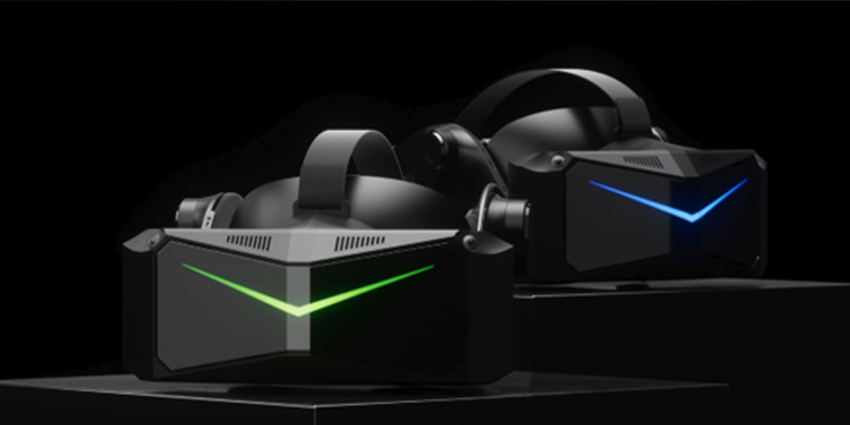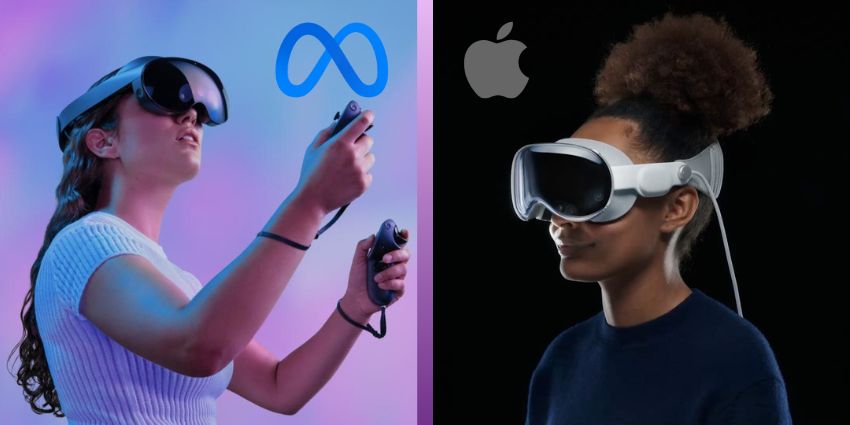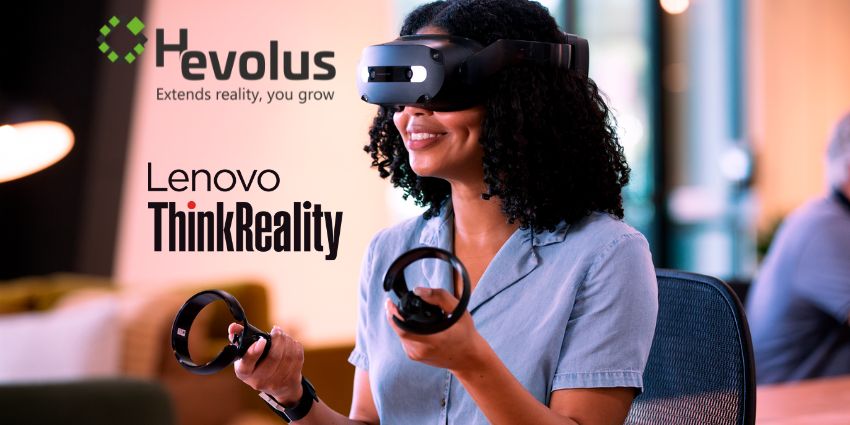This Tuesday, Lenovo teased a new virtual reality (VR) headset in a Chinese language poster. In the promotional material, the global technology firm teased its VR700, a new entry into its Legion line-up of VR gaming hardware.
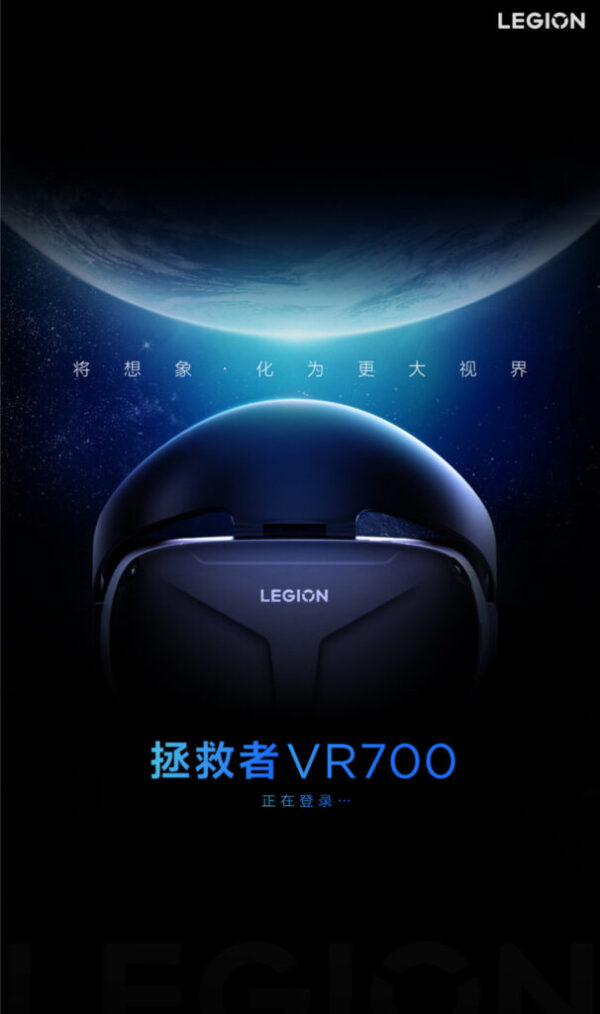
The Chinese poster does not reveal many details about the headset, excluding the front plate and head strap. Also, the advertisement does not confirm availability outside of China.
The VR700 device may run on Qualcomm chipsets, falling in line with Lenovo’s other hardware offerings and longstanding alliance with the chipset maker. Lenovo is also working closely with the chipset manufacturer via Qualcomm’s Snapdragon Spaces platform that assists with extended reality (XR) hardware and software production.
The news comes as major XR technology firms try to produce the next killer headset. Despite internal struggles, Meta is rallying its employees for the launch of its mixed reality (MR) headset, Project Cambria, this year.
Additionally, Valve is preparing to debut its Deckard device, the follow-up to the popular Valve Index device. However, Valve is shrouding Deckard in mystery with only a handful of leaks to keep fans happy.
Lenovo Enterprise Metaverse
This Monday, Vishal Shah, General Manager of XR and Metaverse at Lenovo, spoke with XR Today to discuss the company’s foray into creating an enterprise-grade interoperable Metaverse solution.
Lenovo is developing its ThinkReality System to support digital transformations and industry 4.0 business operations by connecting remote workers and satisfying sustainability goals.
Shah explained that Lenovo’s ThinkReality XR portfolio accelerates the adoption of the next generation of wearable computing and creates “smarter workers.”
The platform is cloud-agnostic, giving enterprise increased efficacy when distributing XR solutions at scale across a workforce.
The firm operates the ThinkReality System across a range of its hardware, including its VR S3 headset and A3 Smart Glasses. The service also has a device management tool for smartphones and tablets.
The ThinkReality System also operates in conjunction with Qualcomm’s SnapDragon Spaces. According to Shah, this enables Lenovo to make it easier for firms to “build, deploy, and manage XR solutions to help our customers scale them across the enterprise.”
